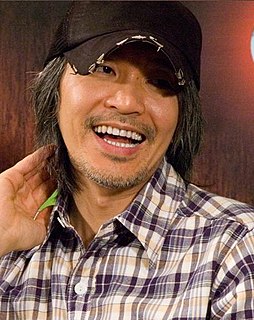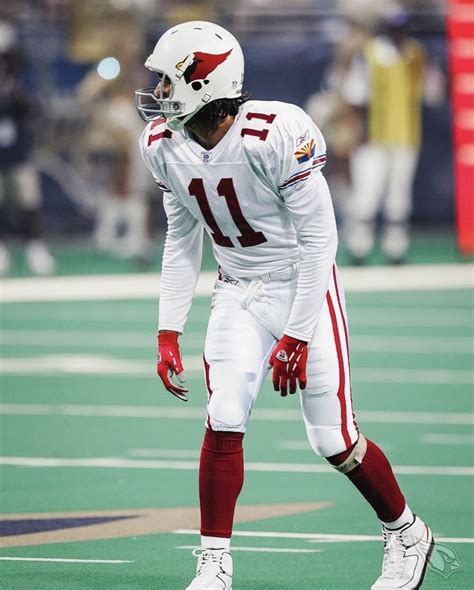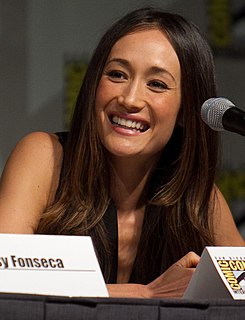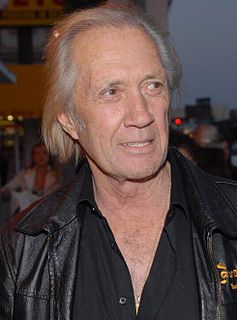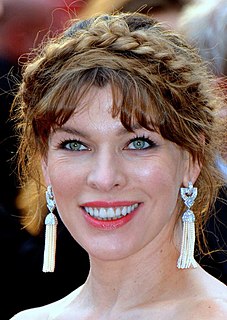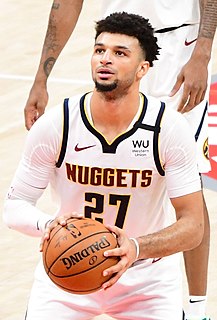A Quote by Stephen Chow
Kung fu and soccer are the two things that I was most interested in as a child.
Quote Topics
Related Quotes
I fell in love with Bruce Lee after I watched his movies, and I wanted to become a kung-fu practicer, and I would like to be someone like Bruce Lee. That's why I learned kung-fu, and that's why I picked the wing chun style, because it's his style. That's why I decided to be an actor, to go into show business, because of him.
Well we've got to do a lot of kung fu choreography, which was really cool. Like I have, you know, like the big hammer that I use, kind of like a staff in a sense. So I get to use that like a really cool weapon. Kung fu style. And it's just really fun to get to learn that and execute it in a way that looks cool on screen. It just feels really rewarding.
We actually tried to put in [Kung Fu Panda 3] all the things we wanted to put into the first two films. We're all the same people who've been working on the other films and we all had things we couldn't do, and had to leave on the table. We just couldn't achieve them before. This time we have multiple new environments and different styles of animation.
Oddly enough, I've always - I've never actually seen "The Alamo" itself, actually. So I don't really have the association of "Green Leaves of Summer" as being "The Alamo" theme. Oddly enough, I grew up watching kung fu movies. They would use the theme "Green Leaves of Summer" in a lot of needle drops in kung fu movies a lot. So I was actually more familiar with it in a Bruce Li movie than I was actually from the John Wayne film.
